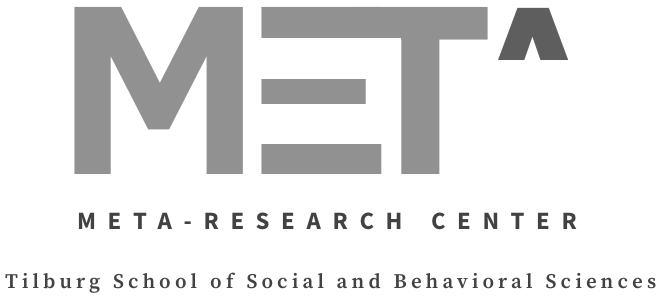Parallel Session 1 (11:00 – 12:30)
Location: CZ8
Session leader: Judith ter Schure
Session name: How can meta-research improve statistical practices?
Abstract:
Meta-research has spurred two opposing perspectives on science: one treats individual studies and study series as two separate publication types (e.g., in Ioannidis’ 2005 paper ’Why Most Published Research Findings Are False’) and one treats individual studies as part of a series that needs to be informed by that series (e.g., in the Chalmers et al. 2014 paper ’How to increase value and reduce waste when research priorities are set’). These two perspectives have different implications for what statistical methods are valid, both at the individual-study level and at the meta-analysis level. In this session, Judith ter Schure will lead a discussion about how we can use meta-research to find out which perspective is most appropriate and how this perspective can be used to improve statistical research and practice.
Location: CZ9
Session leader: Sarah de Rijcke & Rinze Benedictus
Session name: How can meta-research improve research evaluation?
Abstract:
The evaluation of research and researchers is currently based on biased metrics like the H-index and the journal impact factor. Several new initiatives have been launched in favor of indicators that correspond better to actual research quality. One of these initiatives is “Redefine excellence” from the University Medical Center (UMC) Utrecht. In this session, Rinze Benedictus will shortly outline the innovations that are implemented at the UMC Utrecht, after which we will have a discussion led by Sarah de Rijcke on how we can properly evaluate whether these innovations are effective. This discussion could be embedded in a broader discussion about which evaluation criteria would work best in which settings.
Location: CZ109
Session leader: Olmo van den Akker
Session name: How can we ensure the future of meta-research?
Abstract:
Meta-research has gained popularity the last few years as exemplified by major conferences like the Metascience Symposium at Stanford University, the Australian Interdisciplinary Meta-research & Open Science (AIMOS) conference at Melbourne University, and the European Conference on Meta-Research (in the summer of 2021 at Tilburg University). This surge in interest is crucially important as the process of science has been shown to be suboptimal. But how can we keep the momentum going? In this session, Olmo van den Akker will explore how we can ensure there are enough opportunities for meta-research in the future. The session aims to answer questions like (1) Where can we get funding for meta-research projects, and (2) How can we create a sustainable meta-research infrastructure?
